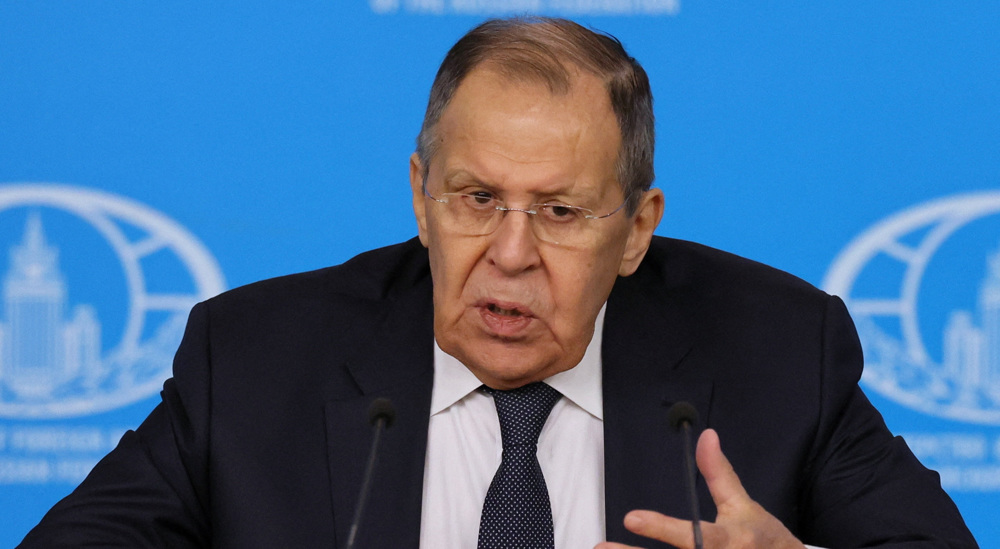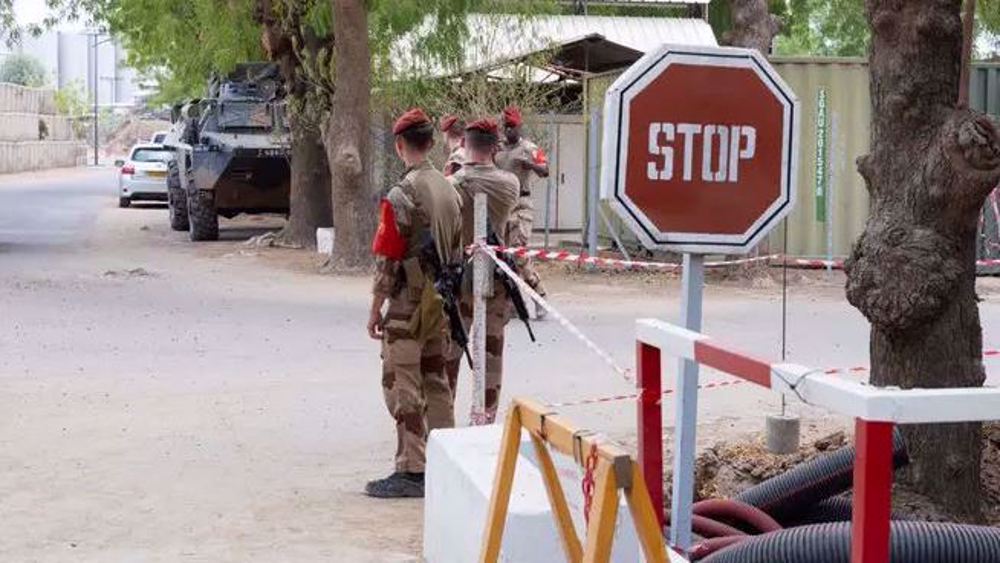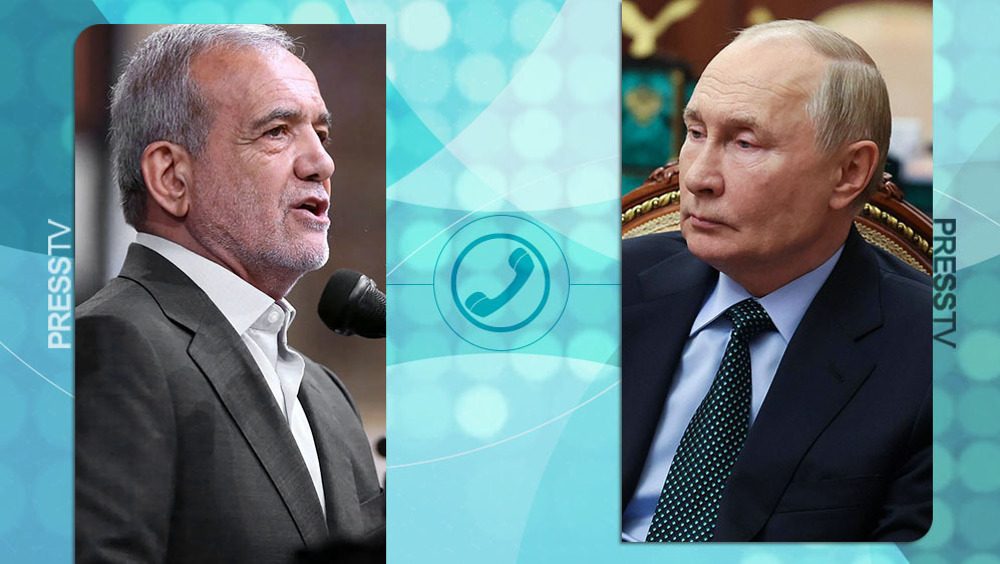North Korea’s 'hydrogen bomb test' draws Moscow's reaction
North Korea’s announcement of performing a hydrogen bomb test has drawn a serious reaction from Russia, with Moscow describing the move, if confirmed, a “flagrant” violation of international law.
The Russian Foreign Ministry said in a statement released on Wednesday that if the test is confirmed, it would be “a new step by Pyongyang on the path of developing nuclear weapons, which is a flagrant violation of international law and existing UN Security Council resolutions.”
The Kremlin said such measures have the potential to worsen the situation on the Korean Peninsula, a region which already “has a very high potential for military and political confrontation.”
A spokesman for Russian President Vladimir Putin said Moscow was concerned about claims of the hydrogen bomb test by North Korea.
President Putin has ordered all data “from monitoring stations, including seismological stations, to be studied thoroughly and to analyze the situation if a test is confirmed,” Dmitry Peskov stated.
North Korea’s state-owned broadcaster, the KCTV, reported on Wednesday that Pyongyang had successfully conducted its first hydrogen bomb test at 10:00 a.m. local time (0130 GMT).
North Korea’s state news agency later said in a statement that Pyongyang would continue to develop its nuclear program as a means of deterrence against potential acts of aggression from the United States.
North Korea will act as a responsible nuclear state, the statement said, and will use its nuclear armament only to defend its sovereignty. Pyongyang says it will not share its nuclear capabilities with other parties.
Moscow also called on all sides to exercise “maximum restraint” and avoid any action that could increase tensions. It also urged a “start soon to a dialogue” so as to guarantee peace and stability in the region.

The US Geological Survey had reported an artificial earthquake earlier on Wednesday, saying that the epicenter of the quake was about 50 kilometers (30 miles) northwest of the city of Kilju, which serves as the seat of North Hamgyong Province, and next to the Punggye-ri nuclear test site.
NATO, Germany react too
NATO Secretary General Jens Stoltenberg said Wednesday that Pyongyang must abandon its nuclear program.
“The nuclear weapons test announced by North Korea undermines regional and international security, and is in clear breach of UN Security Council resolutions,” Stoltenberg said in a statement.

In addition to NATO, Germany said it would summon the North Korean ambassador to Berlin over the test.
German Foreign Ministry’s spokesman Martin Schaefer made the announcement during a government news conference, describing the move as “a strong signal, even a protest.”
Japan, South Korea, the United States, Britain and France have already condemned the test while China, which is considered as North Korea’s main ally, says it “firmly opposes” Pyongyang’s nuclear test, adding it was carried out “irrespective of the international community’s opposition.”
North Korea is under UN sanctions over launching missiles considered by the US and South Korea as ballistic and aimed at delivering nuclear warheads. Pyongyang argues that its numerous missile tests seek to boost its defense capabilities in the face of enemy threats.
Iran riots: Why Trump’s ‘rescue’ rhetoric backfired, uniting Iranians against external meddling
VIDEO | India faces choice in US-sponsored 'Gaza Peace Board'
VIDEO | Trump’s Greenland push sparks EU outrage and transatlantic strain
Israeli military chief warns Netanyahu, Katz of manpower crisis undermining military readiness
Iran Judiciary chief: Enemy turned to rumors after defeat in riots
Iran dismantles terrorist cell: Ringleader killed, 11 members arrested
Netanyahu joins familiar circle of war at heart of Trump’s Gaza plan
‘Eulogy for globalist hypocrisy’: Netizens react to Canada PM’s speech on end of ‘rules-based order’















 This makes it easy to access the Press TV website
This makes it easy to access the Press TV website